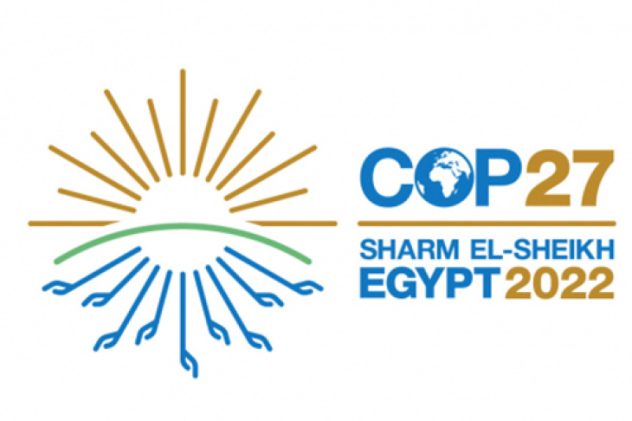
For this month’s Director’s Blog post, we have decided to try a new Q-and-A format. We hope you enjoy it!
Q: COP27 is officially in the books. What were your impressions of the conference, particularly in comparison to last year’s conference in Glasgow?
A: Glasgow was about getting the world to align on the goal of putting a 1.5°C limit on global warming, period. This year there was a push to go deeper and deal with winners and losers, by essentially drawing attention and financial support to countries which are already suffering the effects of a warming world, or in the parlance of COP27, “loss and damages.”
Q: And how was your experience this year?
A: It was a positive experience. The Arava Institute presented on 5 panels, projects on the ground with Palestinian, Jordanian and Moroccan partners. The Middle East is a small region with small countries. Many natural resources in the region are shared, particularly water resources. So regional cooperation is the only way forward.
Q: The UN’s Intergovernmental Panel on Climate Change indicates that greenhouse gas emissions must decline 45% by 2030 if the world is to limit global warming to 1.5°C. Can you speak about the importance of staying within that limit?
A: We need to change the way we live, do urban planning, the way we produce energy – we need to change the way we do a lot of things. In Israel today we are very reliant on desalinated water. This means that we need energy just in order to drink, which makes a transition to renewable energy even more urgent.
The warming of the planet is not a problem in the distant future. We already are experiencing a warmer eastern Mediterranean Sea and a warmer region. We see invasive sea and land species that in years past never inhabited the region.
Imagine what would happen if parts of the Nile Delta region in Egypt were to go underwater due to rising seas. It is home to more than 20 million Egyptians, most of whom work in agriculture. Where would they go? And how would the rest of Egypt be fed? It would be extremely destabilizing, to say the least.
Q: Do you see any points of light in this otherwise gloomy forecast?
A: I think the electricity-for-water agreement, where Jordan will provide solar energy to Israel and Israel will provide additional desalinated water, is a great example of constructive regional cooperation. It increases mutual co-dependency, and this is a benefit, not a disadvantage. I would love to see the Palestinians included in future agreements, because the more parties involved in this ecosystem, the better.
Q: In your spare time – if you have any – what do you enjoy reading and what would you recommend to our readers?
A: I like variety. In fact, this stems from a rich and fascinating concept in Islamic thought called wasatiyyah, which at a fundamental level means balance and moderation. I read scientific journals and magazines like National Geographic, and I also quite enjoy reading books about the history of Islam and the Middle East. One energy-related book that I highly recommend is called The Science of Disorder, by Jack Hokikian. It explains many of the predicaments of the modern world through the lens of the Laws of Thermodynamics.
